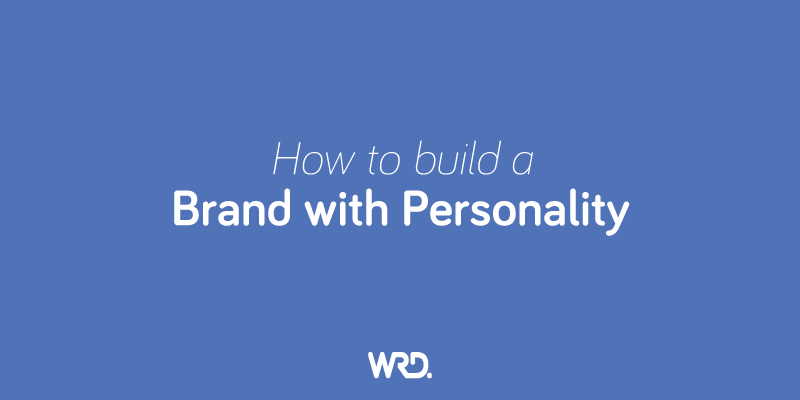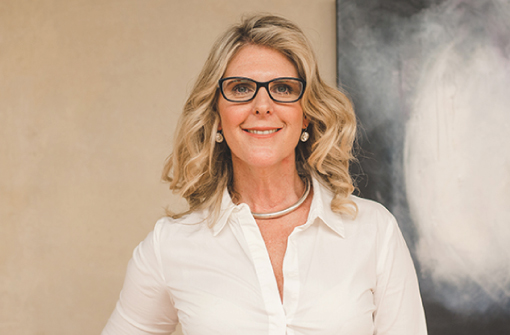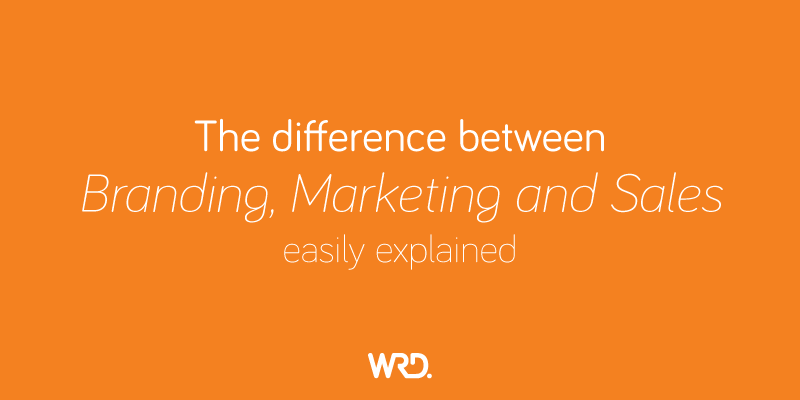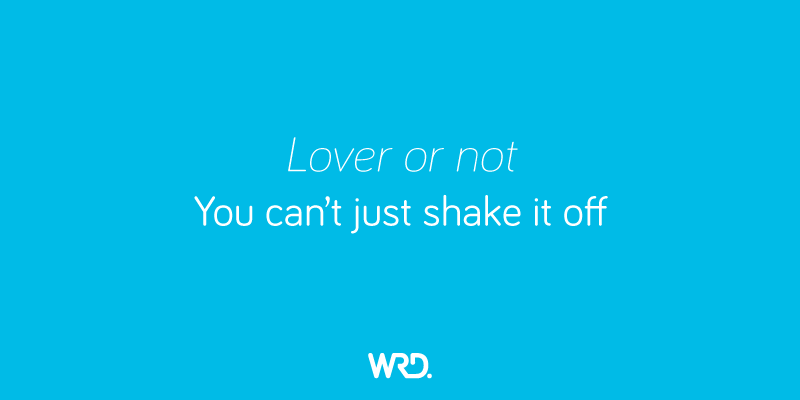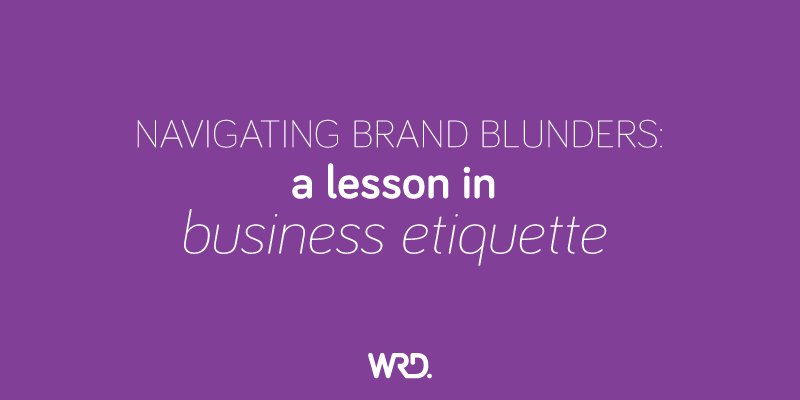Since humans could communicate, we have been telling stories. Stories that capture our attention, evoke emotion and connect us. Whether they are stories told around a camp-fire, passed down from father to son, fairytales or even passages from the Bible, stories are a big part of what makes us human. Having a good story makes the relaying of the message so much easier – just take a look at Rhonda and Ketut!
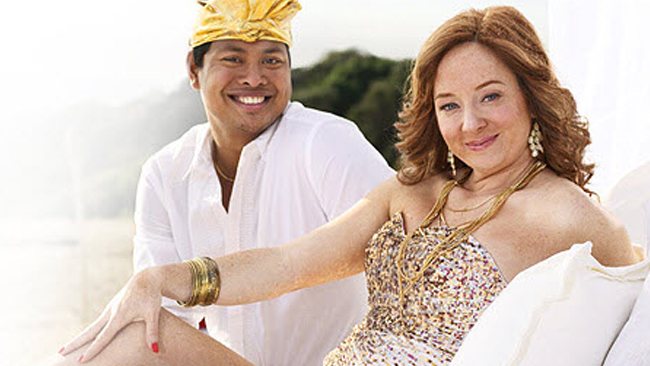
When we look closer at these stories, there are certain characters that keep popping up. Whether it’s an innocent maiden, a knight in shining armour, a wise old man or a magical fairy, somehow we understand their personalities and identify with them.
Our job as brand specialists is to create this same connection between customers and the business.
So what exactly is Brand Personality?
Based on the concept of 12 Personality Archetypes by Swiss psychologist Carl Jung, we believe that in modern society these 12 Archetypes can be effectively utilised in branding a business, and give them attributes that can enhance, impact and give leverage to their message. These personalities are based on different motivations for the observer.
Lets take Oprah and Ellen for example. Both are talk show hosts. Both have a huge following, command attention and respect, but for different reasons.
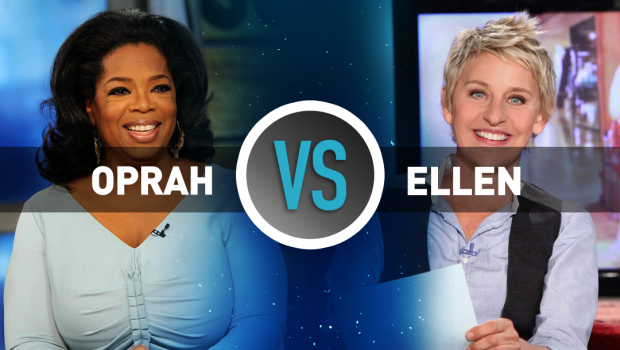
Oprah is positioned as a thinker and philosopher. She reflects on life, is an advisor to many, and due to her life experiences she is highly credible. Added to that, she projects the image of confidence, is full of wisdom and always very professional. Oprah is what we call The Sage personality. Ellen on the other hand is playful and joyous. She takes things (and herself) lightly. She likes to create a little fun/chaos, is impulsive, spontaneous and appears to live in the moment. Ellen is The Entertainer personality. Both are just as effective – different reasons, but they wouldn’t be as credible if they swapped personalities.
Brand Personalities are incredibly useful when strategically developing and creating brands that have meaning. They relate better to individuals and target audiences. To start this process, we need to identify the primary Brand Archetype or Brand Personality. This is the inherent brand personality that people relate to when they look at a brand to assess if it is attractive to them.
Why does Apple have a far more loyal client base than IBM, yet their products are more expensive?
Humans are creatures of habit and tend to identify with things that they are familiar with. The challenge is to introduce / educate them on the product and brand, instilling in them knowledge about the brand and its attributes that are meaningful to them. To start this process, we need to identify the primary Brand Personality. These are the inherent attributes of the brand that people relate to when they look at something to assess if it is attractive to them.
With the daily bombardment of data from social media, mainstream media, emails, videos, SMS’s and so much more, it is harder than ever for brands to cut through the clutter and not only stand above the masses, but resonate with their target audience.
Branding with personality is becoming more and more relevant and important. Brands need to appeal directly to their markets needs and desires. Like attracts like, and if your message connects with your clients, you will have a higher buy-in and better retention rate. Building a brand that reflects a personality is far more powerful than a cardboard cutout that simply has a pretty logo.
Disney has positioned themselves as ‘The Happiest Place on Earth’. When taking a closer look at their brand it becomes quite obvious that Disney is The Innocent brand. The attributes that they live and breathe by are that of happiness, optimism and wholesomeness. Everything about Disney – their theme parks, characters and movies are aimed at families, they are pure, honest and trustworthy. Families know that their children will not be exposed to foul language, bad ethics or unsavoury characters.
Now, we are not all Disney and we don’t have the budget or history that they have, so how do smaller businesses go about defining their brand personality? The trick to ensuring that you get an accurate result is to keep in mind that you are not branding ‘what’ you do – you are branding ‘how’ you do it.
If you run a restaurant, you are selling food – that is what all restaurants do, but how you do it is an entirely different thing. How you do it sets the scene, it crafts your personality and helps create an experience for the client? Your restaurant may offer a casual, family friendly, quick food service, perhaps it’s a more trendy, creative food establishment with quirky décor with live entertainment. Maybe you offer fine dining with silver service, white linen and petit fours to finish off your meal. All of these options are great and cater for a different target audience, however adding personality to your brand will not only set you apart from your competitors, it will attract the right people to your business.
Knowing your brand personality is all about clarity. Clarity on what image to craft, colours to implement, how to talk to your clients and what language and tone to use. Being clear on ‘who’ you are as a brand is critical. If you aren’t sure on your brand, how can you expect others to be? How can you even begin to tell your powerful story?
Understanding your brand personality is essential for your brand to have impact, purpose and ultimately a better bottom line. This clarity is important to direct the same message through your entire business, and will help your team understand how to tell a consistent brand story and become brand ambassadors.
People love to be engaged and entertained. We all love a good story… after all, we have been telling stories since we could communicate.
To find out what your business brand or personal brand is, give our Brand Personalities game a try – it’s online and it’s free!
Written by branding specialist Debbie O’Connor
Consultant, Strategist, Keynote Speaker
